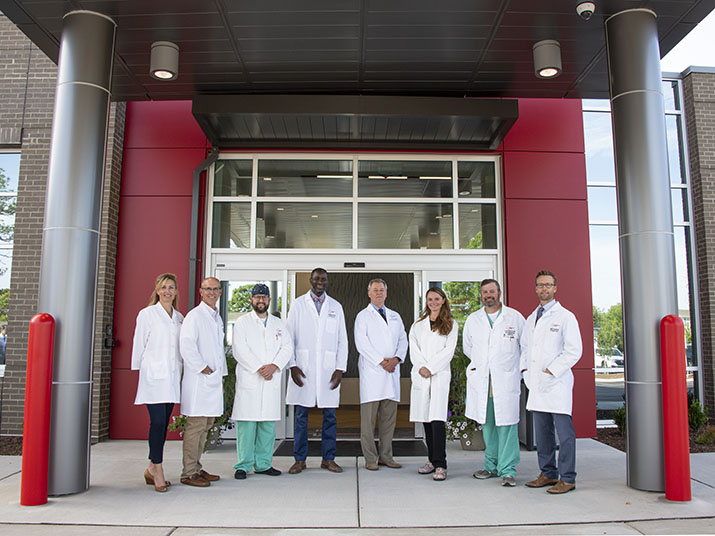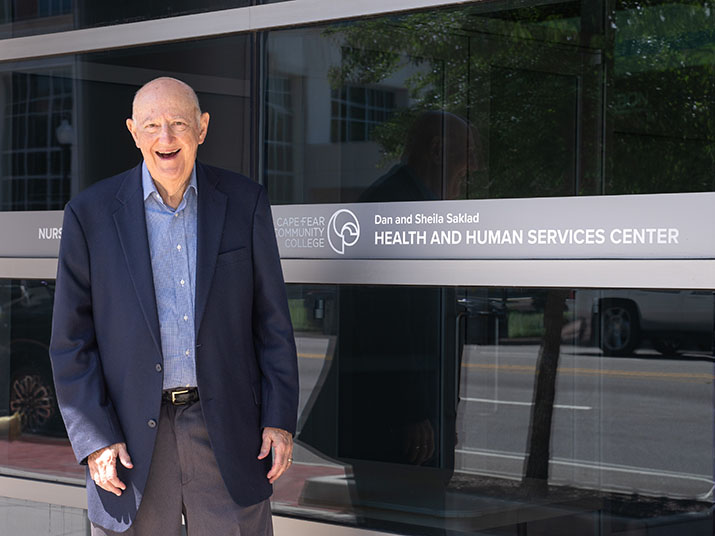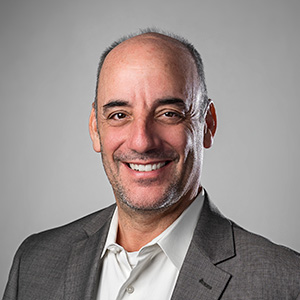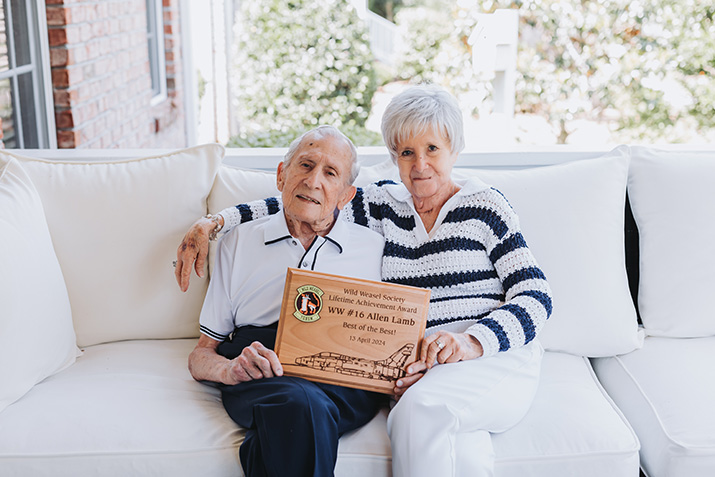Novant NHRMC expands clinical trials
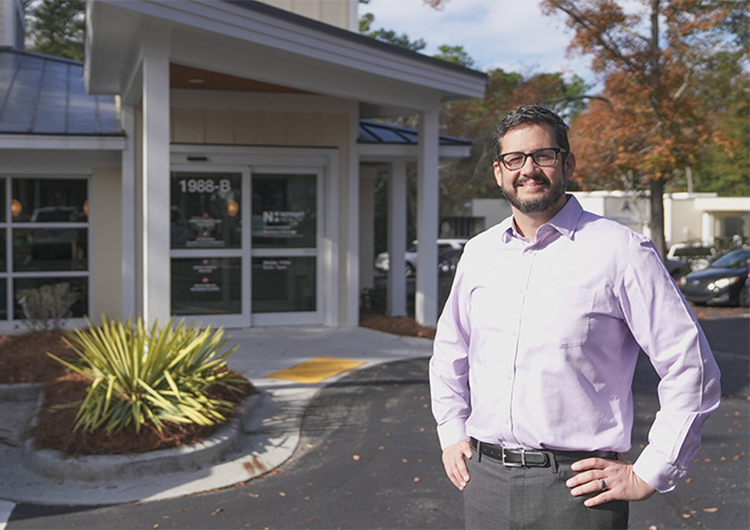
Michael Papagikos, lead cancer institute physician, is shown at the Novant Health Cancer Institute Radiation Oncology facility. Papagikos said research studies help provide exceptional local cancer care.(Photo courtesy of Novant Health NHRMC)
Novant Health New Hanover Regional Medical Center is expanding its research capabilities.
In addition to collaborating with cancer experts at the University of North Carolina at Chapel Hill, the hospital’s researchers and oncologists are participating in clinical trials and research projects sponsored by pharmaceutical and life science companies (biotechnology, medical devices, biomedical technology companies) as well as federally funded research projects.
Some of the hospital’s physicians are even designing their own cancer research projects.
“The population is changing in the coastal region,” says Mark King, vice president of research and innovation for Novant Health.“This is an older demographic, and our patients need expert care here. We are building on NHRMC’s successful program and bringing in Novant Health and the University of North Carolina to provide that care.”
While research studies are essential for advancing the body of knowledge on effective cancer treatment, they are also critical to providing exceptional cancer care locally, according to Michael Papagikos, Novant Health Cancer Institute Coastal Market lead physician.
Research studies help ensure new cancer patients get treatments that are fine-tuned to their genetic profile – the treatments are just aggressive enough to kill the cancer – and can provide new treatment possibilities for patients who have exhausted all standard options.
“When the first line, second line and third line of therapy no longer works, patients are looking for a home run; they’re looking for a miracle,” Papagikos said. “They are looking to turn somewhere to hopefully have a positive outcome. We are getting access to potentially life-saving treatments that they wouldn’t otherwise be able to receive if they weren’t part of a clinical trial.”
The hospital’s ability to conduct more research is due in large part to the agreement made when NHRMC was sold. The terms of the sale mandated that the purchasing health care system – Winston-Salem-based Novant Health – would have the expertise and capability to escalate NHRMC’s research, according to Papagikos.
The deal met that goal, he said. Oncologists at Novant Health Zimmer Cancer Institute have access to experts at the UNC Lineberger Comprehensive Cancer Center, which is a National Cancer Institute-designated comprehensive center. Through the partnership, Novant Health NHRMC’s oncologists can also join the many clinical trials sponsored by medical corporations.
“We are fortunate that Novant Health is partnering with UNC research,” Papagikos said. “We have the best of both worlds. We are tapping into pre-existing Novant Health research, and the grant funding they provide allows us to partner and do joint projects with UNC, which has relationships with the pharmaceutical industry and its clinical trials.”
The opportunity to join clinical trials sponsored by pharmaceutical companies yields substantial benefits, Papagikos added.
“When you start tapping into the pharmaceutical industry, it massively explodes the number of different types of clinical trials you can enroll patients in, so our patients have a much better menu of clinical trials to choose from,” he said.
Papagikos adds that through the sale, Novant also funded multiple $50,000 pilot grants that address cancer research in some capacity.
The research and treatment trials Novant Health NHRMC oncologists are conducting are needed. Approximately 3,500 cancer patients are treated annually at the hospital’s Zimmer Cancer Institute, according to Papagikos.
Novant Health NHRMC will see more cancer patients in the future. The N.C. Central Cancer Registry states that the number of individuals in the region who contract the disease will increase as the population ages.
The research done at Novant Health NHRMC is already providing information on cancer treatments and protocols. For example, Papagikos authored a companion paper to a study published in the Journal of Clinical Oncology. It showed that a course of hormonal therapy better-controlled prostate cancer in patients who received a high dose of radiation. It also decreased their risk of death.
Another clinical trial conducted by Novant Health NHRMC oncologists is determining whether patients with lower-risk breast cancer respond better to hormone-blocking medications or short-term radiation.
A third study tests whether commercially available, wearable health technology can give physicians meaningful data about head and neck cancer patients remotely. If so, physicians can provide earlier interventions, which could preclude unplanned emergency room visits and improve patients’ quality of life.
It is from clinical trials such as these that appropriate and effective cancer treatments are found, according to King. It is also from clinical trials such as these that local cancer patients gain access to innovative treatments.
“We are in the business,” King said, “of giving people hope.”

